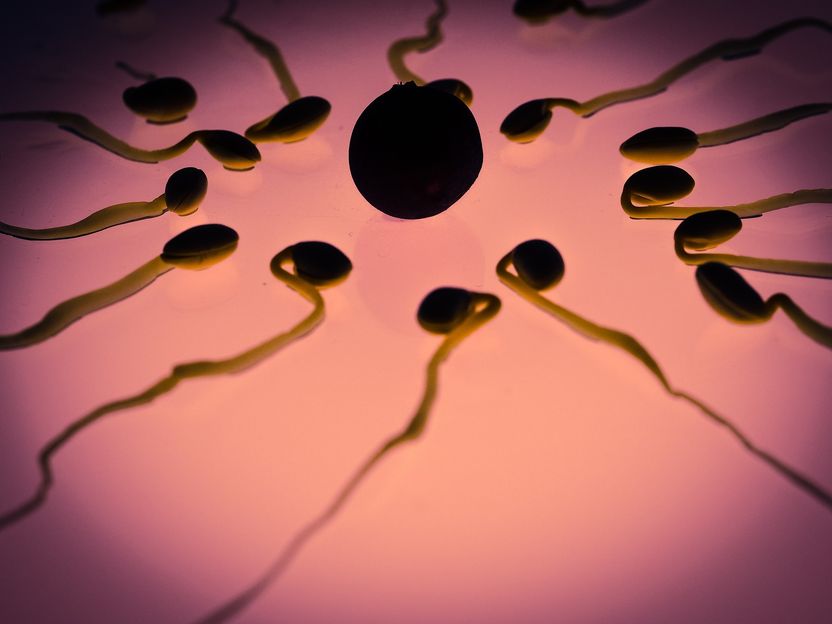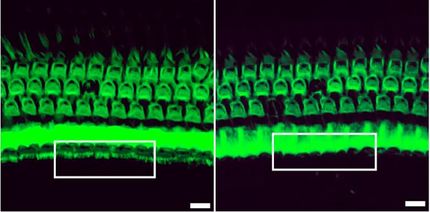Researchers discover new genetic mutation that causes male infertility
Researchers at Ben-Gurion University of the Negev and Soroka University Medical Center in Beer-Sheva, Israel have discovered a new genetic mutation that prevents sperm production.

TBIT, pixabay.com, CC0
Five percent of men suffer from infertility and approximately one percent suffer from azoospermia, which is a condition in which sperm cells are completely absent.
For the first time, the researchers identified a mutation in the gene TDRD9 using whole genome genotyping and sequencing. The results were published in the Journal of Medical Genetics.
The findings were possible only because five men from a single Bedouin family suffered from lack of sperm and spermatogenic arrest in their testis with no obvious cause. The men were being treated by Dr. Eitan Lunenfeld and his team at the Soroka University Medical Center In Vitro Fertilization Unit.
Profs. Ruti Parvari and Mahmoud Huleihel of the Shraga Segal Department of Microbiology, Immunology and Genetics discovered the mutation in the gene, which normally protects the full DNA sequence in sperm. This mutation inactivates the function of the gene and arrests sperm production.
"With the link between this damaged gene and male infertility now identified, specific scans will be available to test for the mutation which will be important for treatment of a couple's infertility," the researchers say.
Original publication
Other news from the department science

Get the life science industry in your inbox
By submitting this form you agree that LUMITOS AG will send you the newsletter(s) selected above by email. Your data will not be passed on to third parties. Your data will be stored and processed in accordance with our data protection regulations. LUMITOS may contact you by email for the purpose of advertising or market and opinion surveys. You can revoke your consent at any time without giving reasons to LUMITOS AG, Ernst-Augustin-Str. 2, 12489 Berlin, Germany or by e-mail at revoke@lumitos.com with effect for the future. In addition, each email contains a link to unsubscribe from the corresponding newsletter.




















































